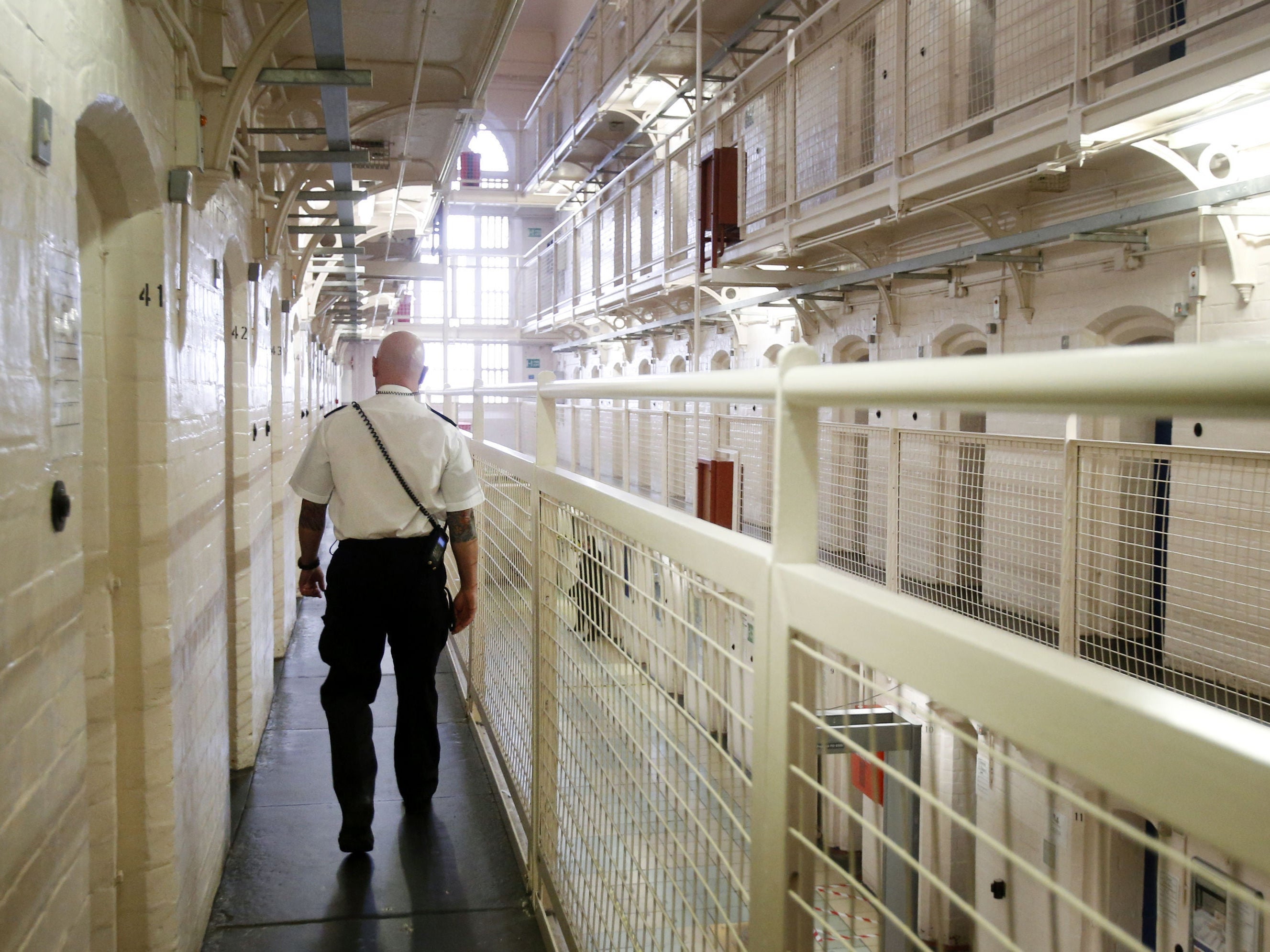I think prisoners helping with labour shortages can work – but only if they are treated fairly
My view is partly shaped by the experience of my late grandma Violet, who helped give prisoners a future, writes Katy Brand


I read with interest this week that the idea of using prisoners to make up the numbers where Brexit and Covid-19 have led to labour shortages was seriously being considered.
As increasingly desperate farmers around the UK sound increasingly loud alarms about their produce being left to rot in the fields because there is no one to pick, pack or process it, it is clear that some action needs to be taken at some point by this government of ostriches with their heads ever in the sand (of some luxury resort or other).
It’s probably a good idea, all things considered, if it is administered properly. There’s no shortage of expertise – Frances Crook, the chief executive of the Howard League for Penal Reform, wrote an excellent piece recently about her work in precisely this area. But unfortunately those in charge seem incapable of recognising real expertise when it hits them in the face (and it’s surely only a matter of time before this literally happens given the anger and frustration that is building).
The legitimate concerns are twofold: it must be done ethically – prisoners have rights too, or else it is simply forced labour. And it must be done securely with public safety in mind. That said, I don’t think anyone is proposing to let serious offenders out to pick soft fruit for the day, but I am always prepared to be proven wrong in the current environment.
But work, and the self worth it brings, has long formed a part of the rehabilitation of offenders. If we agree that going to jail should mostly be a temporary state of affairs, given how expensive it is to jail someone, and that safe re-entry into society should be the goal where appropriate, then giving prisoners who can handle it the dignity and responsibility of paid work must be a good thing.
One of the main reasons for reoffending is finding all the normal doors shut because of your criminal record, even when you have served your time. Having the opportunity to show that you can be part of society again can help enormously.
My view is partly shaped by the experience of my late grandma Violet Brand, who was a literacy pioneer and was awarded an MBE for her work. She knew that one of the common denominators among prisoners of all kinds was illiteracy. And so throughout her working life, she volunteered to teach spelling and reading to prisoners.
One day during a visit, her purse was stolen from her bag. On hearing this, the group of prisoners she had been teaching had a whip round and replaced the cash she had lost. She gave them the dignity of a future where they could read and write and they responded to that with decency. I think it’s worth a try.



Join our commenting forum
Join thought-provoking conversations, follow other Independent readers and see their replies
Comments